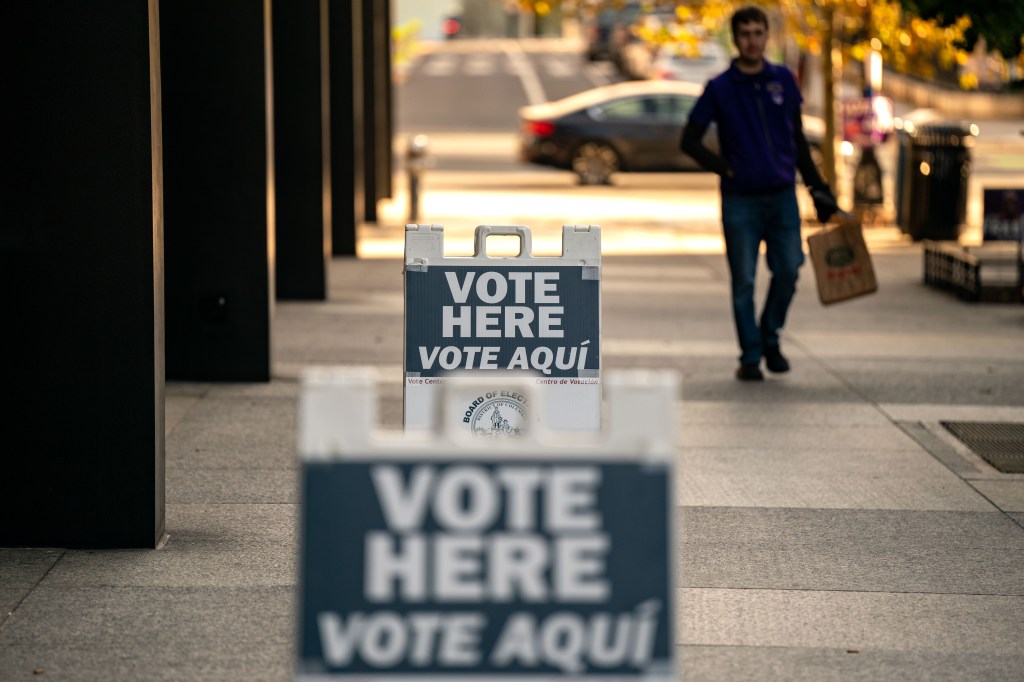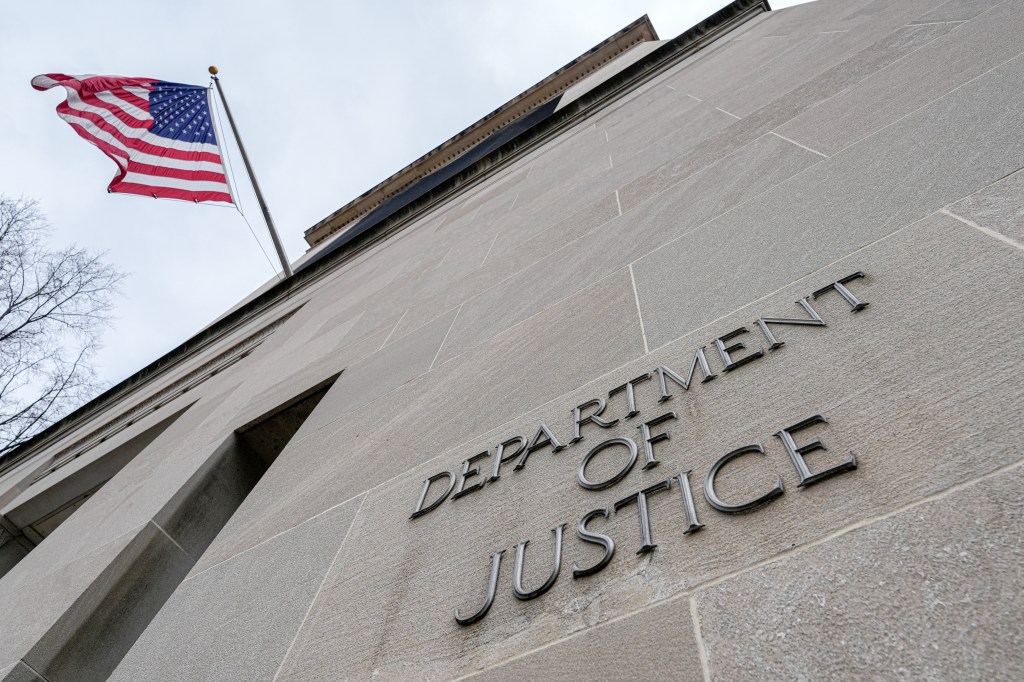Acting SEC Chair Mark Uyeda spoke at the Annual Conference on Federal and State Securities Cooperation on April 8, emphasizing the importance of collaboration and suggesting a review of the criteria used to allocate responsibilities between the SEC and state regulators.
Uyeda’s speech focused on two areas where state-federal overlap could be simplified and made more effective: state jurisdiction over advisers with certain asset thresholds, and federal preemption of state securities registration requirements.
Expanding state authority
Uyeda called for a potential expansion of state authority over advisers with assets under management (AUM) of over $100m, which are currently within the SEC’s regulatory ambit under the Dodd-Frank Act.
He noted that previous legislative frameworks gave states authority to regulate small and mid-sized advisers, with large, nationally important advisers required to be registered with the SEC. But Uyeda noted that several thousand investment advisers have crossed the $100m AUM threshold within the last decade, potentially opening the door for states to become involved in regulating them.
Consequently, he suggested that those registration thresholds be reviewed from time to time, noting that he asked SEC staff to reevaluate the current split of priorities.
Federal preemption
Uyeda tackled the complexity of federal preemption of state securities registration requirements outside traditional IPOs where state regulations are preempted. He argued that the current formula creates a thicket of redundant requirements between state and federal obligations.
For instance, he noted that when securities are federally registered, but not listed, on a national exchange, state registration requirements would still be in effect due to a lack of federal preemption under the Securities Act.
Secondary trading of those securities would also be subject to state regulations, he said, even if the resale is scheduled with SEC forms. But he noted an inconsistency: if the resale was scheduled under the safe harbor provisions of the Securities Act, then state requirements would be preempted.
Uyeda said that that confusing system of preemption creates significant compliance headaches and deters investment due to the parallel involvement of federal and (sometimes multiple) state reviews.
To address the potential for multiple states requiring separate registrations without federal preemption, Uyeda proposed limiting registration to just one state’s requirements, such as the state where a company is headquartered.
He noted that state securities regulators were wary of total federal preemption and said that it need not come to that.
Future of state enforcement
The future role of states in financial markets regulation is an open question as federal agencies signal their intent to reduce regulation and enforcement across the board.
Some have predicted that state enforcement will become even more critical as the SEC reins in its aggressive Biden-era enforcement schemes and delegates certain cases to the states.
A recent amendment to the North American Securities Administrators Association’s (NASAA’s) model Conduct Rule recommends that states adopt the SEC’s Regulation Best Interest (Reg BI) for broker-dealer by reference at the state level, which may expand states’ regulatory purviews.
But significant issues still swirl around the potential for patchwork regulations and definitions between states that could ultimately be federally preempted. That situation might create increased compliance burdens on industry participants, in areas such as cybersecurity, privacy, AI, and financial markets regulation.















